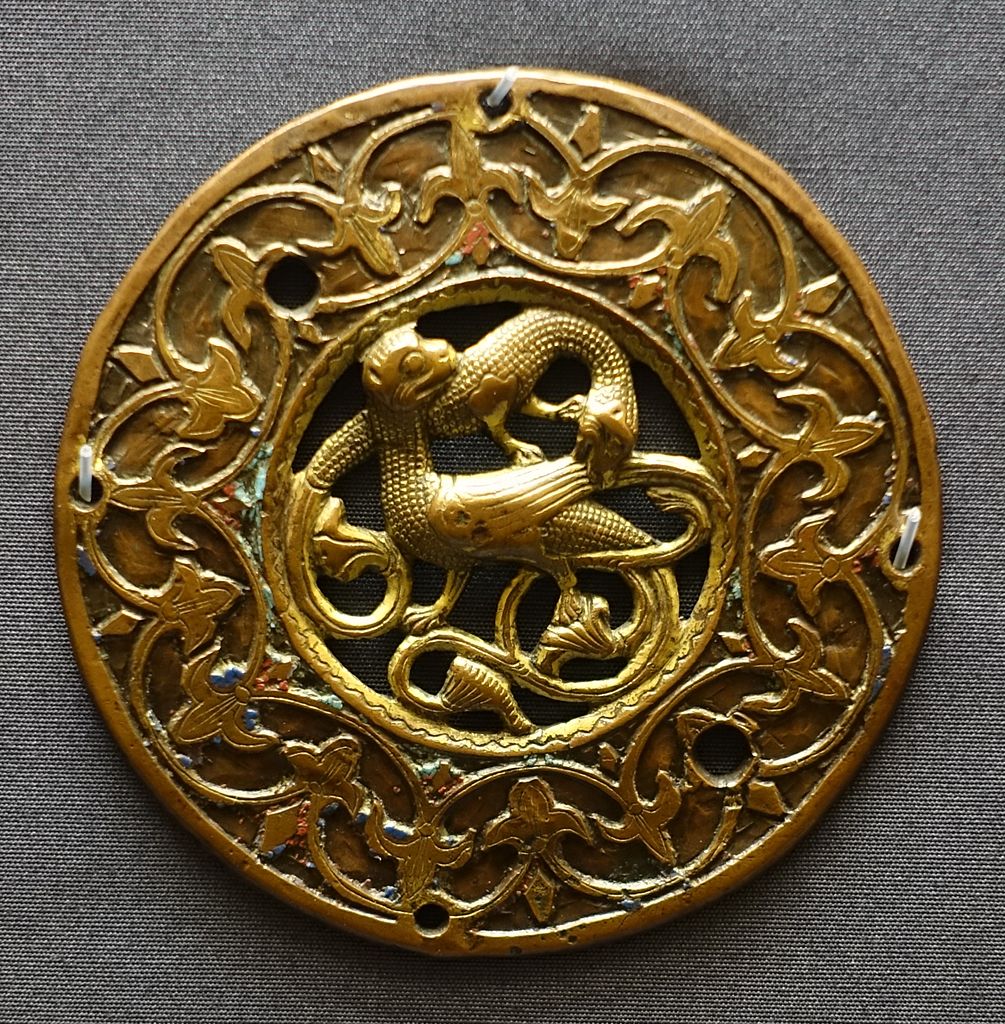This is an archive of public readings for the festival of Purim: the megillat esther, derivative tales, and supplementary readings. This is an archive of public readings for the festival of Purim: the megillat Esther, derivative tales, and supplementary readings. Purim is named after the word pur in megillat Esther, the method of divination by lot used to determine the proper date for the Jews under the dominion of the Persian empire (circa 5th century BCE) to be murdered en masse (Esther 3:7). The lot is cast on the eve of Pesaḥ (the 13th of Nisan) for the 13th of Adar and the decree to destroy the Jews is relayed posthaste (Esther 3:12). (Significantly, the 13th of Nisan is the eve of Pesaḥ when, according to Leviticus 23:5-6, the slaughter and consumption of the paschal lamb is indicated — a very auspicious date indeed.) Hijinx ensue. Click here to contribute a public reading you have selected for Purim. Filter resources by Collaborator Name Filter resources by Tag Filter resources by Category Filter resources by Language Filter resources by Date Range
A Megillah reading of Esther with English translation, transtropilated. . . . Categories: Tags: Contributor(s): Megillat Esther in Masoretic Hebrew with an English translation, including verses for public recitation highlighted to spotlight the heroic acts of Esther and Mordekhai. . . . Categories: Tags: Contributor(s): The dream and prayer of Mordecai, and the prayer of Esther, as copied in the medieval pseudo-historical Chronicle of Yeraḥmiel. . . . Categories: Tags: Contributor(s): The Megillah of Esther: An Original English Rendition (set to trop) by Ḥazzan Jack Kessler was first published in 1990. This second “version 2.0” edition was published in 2016. . . . Categories: Tags: Contributor(s): It’s always a real struggle for the Left to successfully tackle oppression within its own ranks. But when we do it, our movements gain, every time, from the deeper understandings that emerge. To start the process this time, we need some basic information about what anti-Jewish oppression is and how to counter it. But it has to come from a perspective of justice for all people, not from opportunistic attempts to slander or censor social justice efforts that are gaining strength. . . . Categories: Tags: 21st century C.E., 58th century A.M., combating anti-Jewish oppression, combating antisemitism, Jewish liberation, Jewish Radicalism, liberation, particularism and universalism, שפוך חמתך shfokh ḥamatekha, solidarity, who we are Contributor(s): What are the inner workings of such an intricately crafted story that it devolves into so much gratuitous violence at the end? Haman’s racism follows imminently upon the heels of the king’s sexism. Indeed, the root of Haman’s wrath against Mordekhai and the Jews parallels the king’s fury against Vashti and the women. Both Vashti and Mordekhai refused to submit to degradation before authority. Disdain for and subordination of women are pre-conditions for the progression toward violent evils that threaten to prevail under the jester-king. One of the fundaments of feminism is that until we fix the basic gender dyad, there will be no resolution of other derivative inequalities, prejudices, and abuses—at personal, ethnic, national, and global levels. Core relationships between woman and man must embody mutual respect, dignity, and equality in our humanity. . . . Categories: Tags: Contributor(s): Purim affirms Esther’s stand against official silencing, abuse of power, misogyny and anti-Semitism. At first an outsider, Queen Esther used her insider power to reveal and thwart official hatred that threatened Jewish life and safety. We celebrate one woman’s courageous cunning to right grievous wrongs within corrupt systems. The archetype of heroic woman standing against hatred continues to call out every society still wrestling with official misogyny, power abuses and silencing. For every official silencing and every threat to equality and freedom, may we all live the lesson of Esther and all who stand in her shoes: “Nevertheless, she persisted.” . . . Categories: Tags: Contributor(s): Tropified texts for Purim 2021 juxtaposing the text of Queen Esther with the words of Vice President Kamalla Harris and poet laureate Amanda Gorman. . . . Categories: Tags: Contributor(s): |



